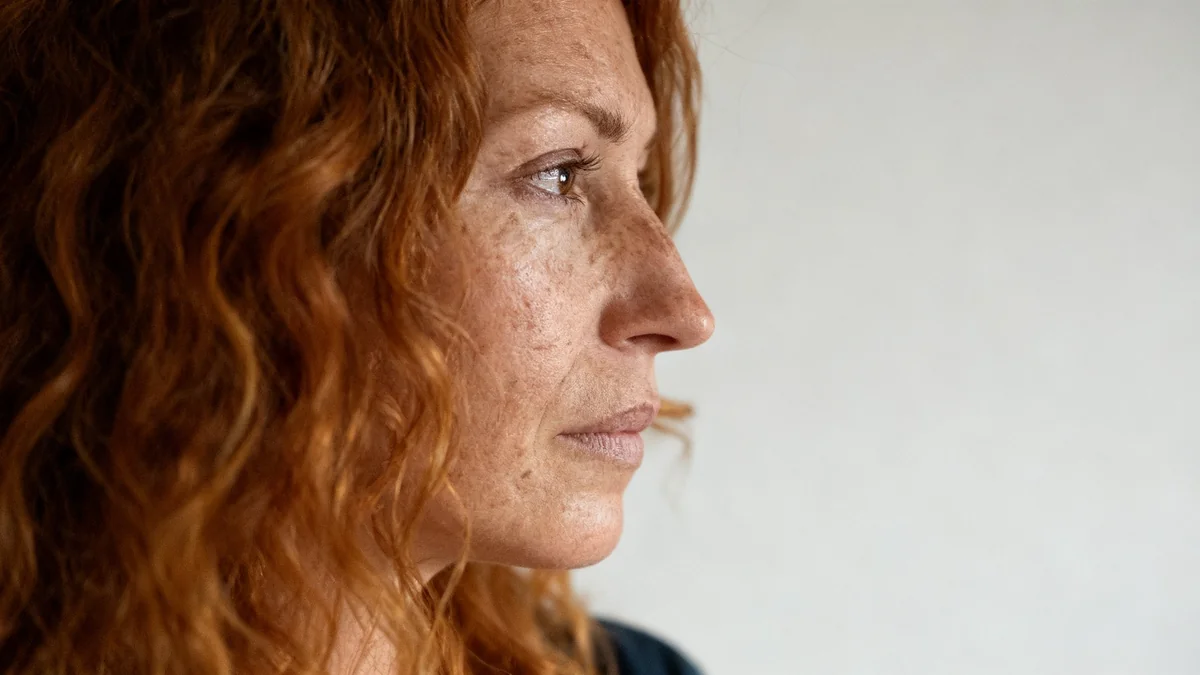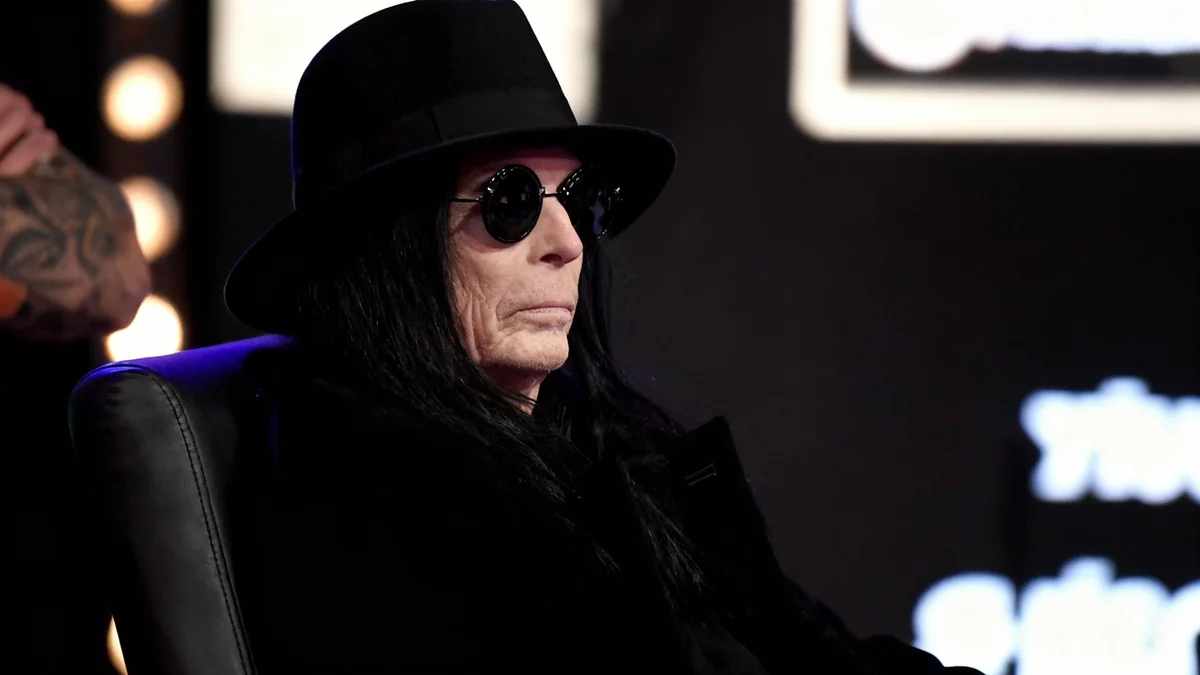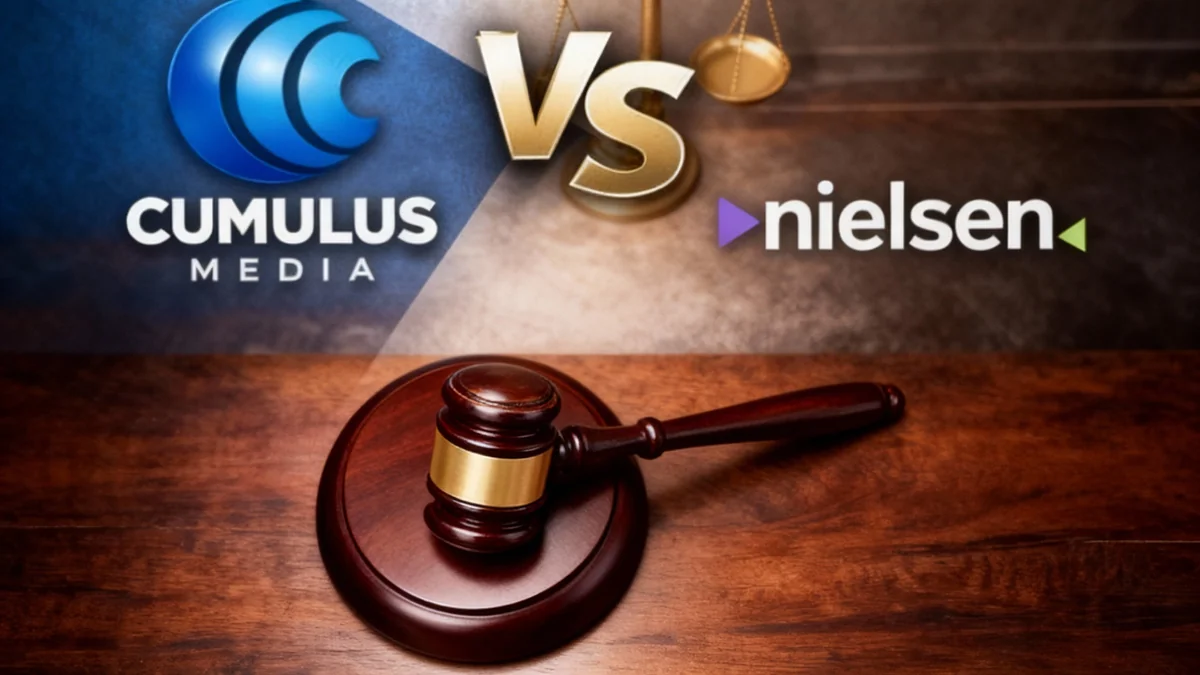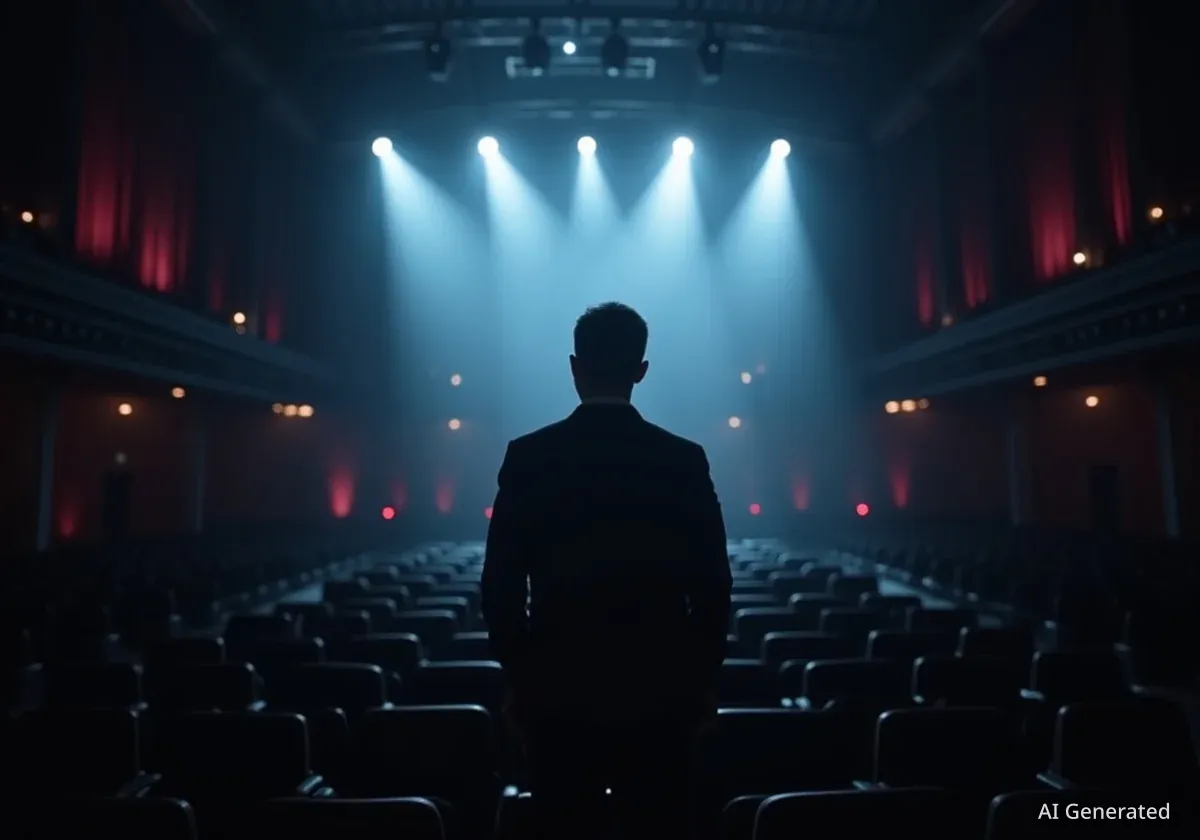DJ Akademiks recently completed his second deposition with Roc Nation's legal team, focusing on the ongoing lawsuit initiated by Megan Thee Stallion against blogger Milagro Gramz. This legal action stems from allegations that Gramz disseminated false information concerning the shooting incident involving Megan Thee Stallion, for which Tory Lanez is currently incarcerated.
Akademiks, a prominent figure in online commentary, expressed a clearer understanding of the proceedings this time. He noted a shift in the line of questioning compared to his initial deposition. The focus, he stated, was less on other high-profile artists like Drake and Nicki Minaj, and more directly related to the central dispute.
Key Takeaways
- DJ Akademiks underwent a second deposition in the Megan Thee Stallion lawsuit.
- He reported a change in questioning, moving away from Drake and Nicki Minaj.
- Akademiks believes Roc Nation is spending significant legal funds to silence critics.
- The lawsuit targets blogger Milagro Gramz for alleged false information about the shooting.
Deposition Details and Akademiks' Perspective
Akademiks took to social media to share his thoughts on the recent legal encounter. He tweeted about the deposition, suggesting that Roc Nation's legal efforts were excessive. "Just did my second roc nation Meg thee stallion deposition," he posted. He added that the law firm was "wasting Jay Z money."
He indicated an improvement in the deposition's focus. "This time they tried to act right .. no more Nicki n drake questions," Akademiks stated. This suggests a more direct approach to the case at hand, rather than exploring tangential connections to other artists.
Important Legal Context
Megan Thee Stallion filed a lawsuit against Milagro Gramz in 2024. The lawsuit alleges that Gramz spread false information regarding the 2020 shooting incident where Megan Thee Stallion was injured. Tory Lanez was later convicted and sentenced for his involvement in the shooting.
Akademiks also voiced his support for Nicki Minaj in his posts, implying a belief that Roc Nation's actions were unjust. He questioned the financial rationale behind the legal strategy. "It’s no way they think they getting millions from Milagro," he wrote, adding, "So why spend hundred of thousands to ask stupid questions bout other niggas."
His conclusion was that the legal team might possess a large budget, which they are using to "bully anybody who speak against em to try silence em." This suggests a perception of the lawsuit as a broader attempt to control narratives rather than a specific pursuit of damages.
The First Deposition and Initial Allegations
The recent deposition was not Akademiks' first interaction with Roc Nation's lawyers regarding this case. He previously underwent a deposition in August. Following that initial session, he also used social media to critique the process.
In various tweets, Akademiks accused Roc Nation of being overly interested in gathering information about Drake and Nicki Minaj. He emphasized that the case itself, involving Megan Thee Stallion and Milagro Gramz, had no direct connection to these other artists.
"Btw for clarity the case I was deposed in has nothing to do with Drake & Nicki. It’s Meg suing a blogger Milagro. Most of the questions seem to surround a theory of theirs suggesting drake Nicki & Tory are paying ppl to talk bad bout Meg /roc nation. They might b schizophrenic!"
— DJ Akademiks
This quote highlights Akademiks' belief that the legal team was pursuing a theory involving other artists allegedly paying individuals, including streamers, to speak negatively about Megan Thee Stallion or Roc Nation. He openly questioned the validity of such a theory.
Background on the Shooting Incident
The legal dispute traces back to a shooting incident in July 2020, involving Megan Thee Stallion and rapper Tory Lanez. Lanez was later found guilty of three felony charges: assault with a semiautomatic firearm, discharging a firearm with gross negligence, and carrying a loaded, unregistered firearm in a vehicle. He received a 10-year prison sentence in August 2023.
Questioning Motives and Industry Dynamics
Akademiks further challenged the idea that artists like Nicki Minaj or Drake would pay streamers such as himself or Adin Ross to discuss Megan Thee Stallion or Roc Nation. He pointed out that Nicki Minaj does not even like him, making the suggestion of her paying him seem illogical.
Regarding Drake, Akademiks asserted that the Canadian superstar would have no reason to be concerned about someone like Megan Thee Stallion, implying a significant disparity in their industry positions that would negate such an action.
- Legal Strategy: Akademiks suggests Roc Nation's approach is more about intimidation than a focused legal pursuit.
- Alleged Harassment: He feels the questioning delves into irrelevant topics, constituting harassment.
- Financial Outlay: Significant legal costs are being incurred, which Akademiks believes are disproportionate to potential gains from Milagro Gramz.
During his first deposition, Akademiks reportedly showed footage of himself explaining his professional practices to Roc Nation's attorneys. He confirmed that he has received payments from "every record label known to man" for promotional activities. However, he maintained that he has never been paid to specifically discuss a particular topic or individual online in a negative light.
This statement aimed to clarify his role and the nature of his professional engagements, distancing himself from any allegations of being paid to spread specific narratives against Megan Thee Stallion or Roc Nation.
Ongoing Legal Battles and Public Commentary
The lawsuit against Milagro Gramz represents another facet of the ongoing legal challenges surrounding the Megan Thee Stallion shooting incident. The public commentary from figures like DJ Akademiks adds a layer of media scrutiny to the legal proceedings.
The rapper's legal team is actively pursuing those they believe have spread misinformation or acted detrimentally in the wake of the incident. This approach highlights a broader effort to control the narrative and address perceived damages to her reputation.
Akademiks' repeated public statements about the depositions indicate a willingness to openly discuss his experiences with the legal process. His perspective offers a glimpse into the tactics and perceived motivations of the legal teams involved, particularly from the viewpoint of a media personality directly questioned in the case.
The outcome of the lawsuit against Milagro Gramz, and the broader implications of Roc Nation's legal strategy, remain subjects of interest within the entertainment and legal communities. The case continues to underscore the complexities of celebrity, media, and legal accountability in the digital age.




